WASHINGTON—U.S. Secretary of State Mike Pompeo said on Sept. 6 the United States would use the United Nations General Assembly this month to persuade countries to help “call out” China over treatment of its Uyghur Muslim minority.
Asked after a speech at Kansas State University how Washington had been promoting an end to the oppression of Uyghurs in China, Pompeo told an audience there: “Insufficiently, because it’s still going on.”
“We are going to have this U.N. General Assembly in the third week in September. We'll do a number of gatherings, where our efforts will be to get other countries to sign up to help us call out this activity,” Pompeo said.
“We want freedom for those folks. We have lots of challenges with China, but this is about their fundamental unalienable rights for those particular individuals.”
Pompeo, an evangelical Christian who has portrayed himself as a champion of religious rights, reiterated past comments, saying that the treatment of the Uyghurs and other Muslim minorities in China “may well end up being one of the worst stains on the world this century.”
“It’s of that magnitude,” he said, adding that the challenge was to “rally the world” against it.
“We have done so today with some success, but not nearly enough, to call this out and work with the Chinese government, to convince them—to convince the Chinese Communist Party—that this isn’t in their best interests ... that it’s not the right way to treat ... other human beings,” Pompeo said.
In his speech, Pompeo charged that over the past two years in its western province of Xinjiang, China had “tried to brainwash coming on one million Uyghur Muslims in internment camps ... to renounce their culture and their faith.”
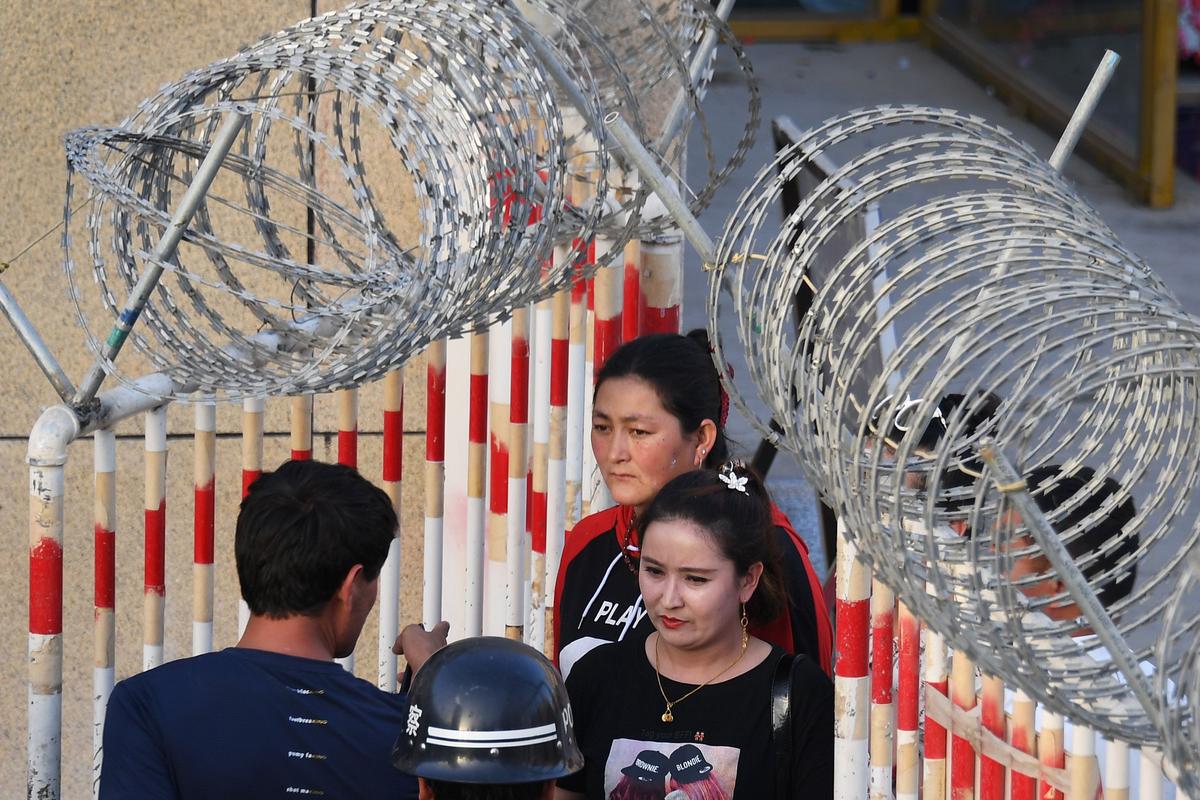
He dismissed Chinese claims that the camps were meant to “educate and to save” people influenced by religious extremism.
Though the United States has ramped up criticism of China’s measures in Xinjiang, it has refrained from responding with sanctions over the issue, amid on-again-off-again talks to resolve a bitter and costly trade war.
The Trump administration has been considering sanctions against Chinese officials, including Xinjiang’s Communist Party chief Chen Quanguo, a member of the Chinese leadership’s powerful politburo, since last year, but has held off amid Chinese threats of retaliation.
A White House official said on Friday that a major speech by Vice President Mike Pence that had been scheduled for June and expected to take a tough line on Beijing had been rescheduled for the fall.
The official, who did not want to be identified, said the tone of the speech would be dictated by the needs of the moment.
Last October, Pence shocked some China watchers with a speech in which he laid out a litany of complaints against Beijing, chastising China for building “an unparalleled surveillance state” and its treatment of the Uyghurs.
China said on Tuesday it had lodged stern representations with the United States about previous comments by Pompeo about Xinjiang.
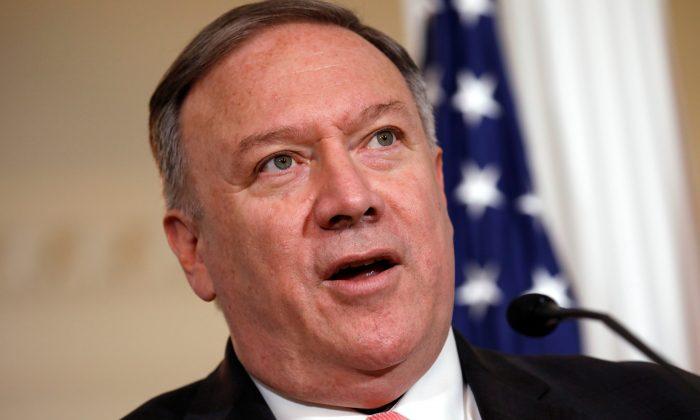

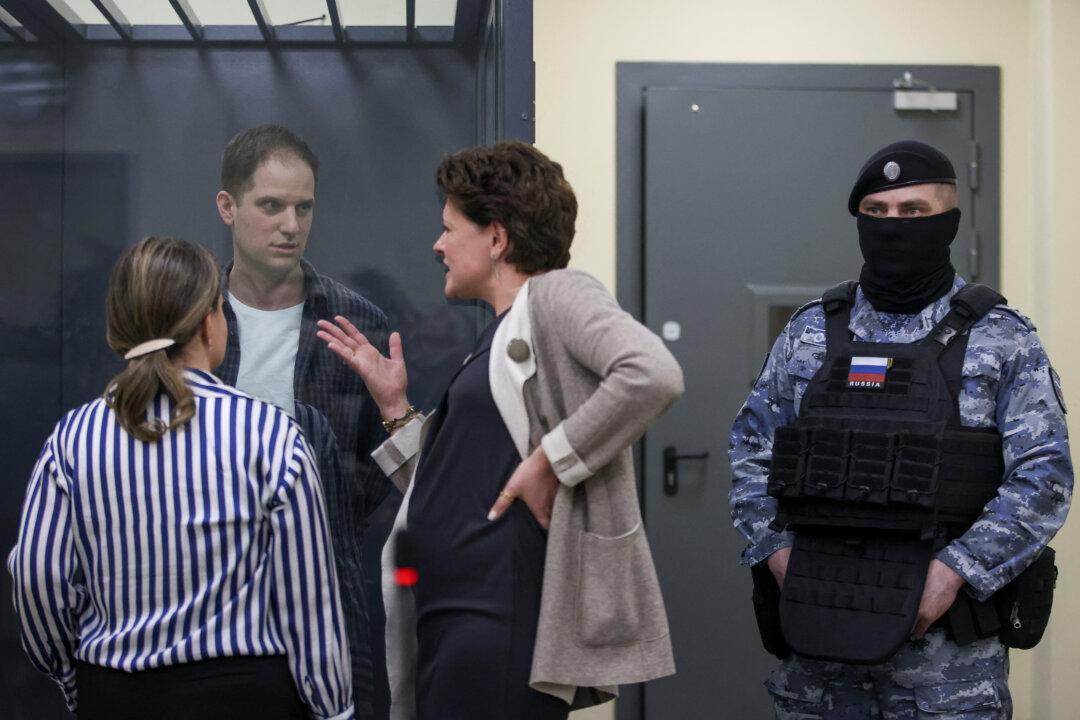
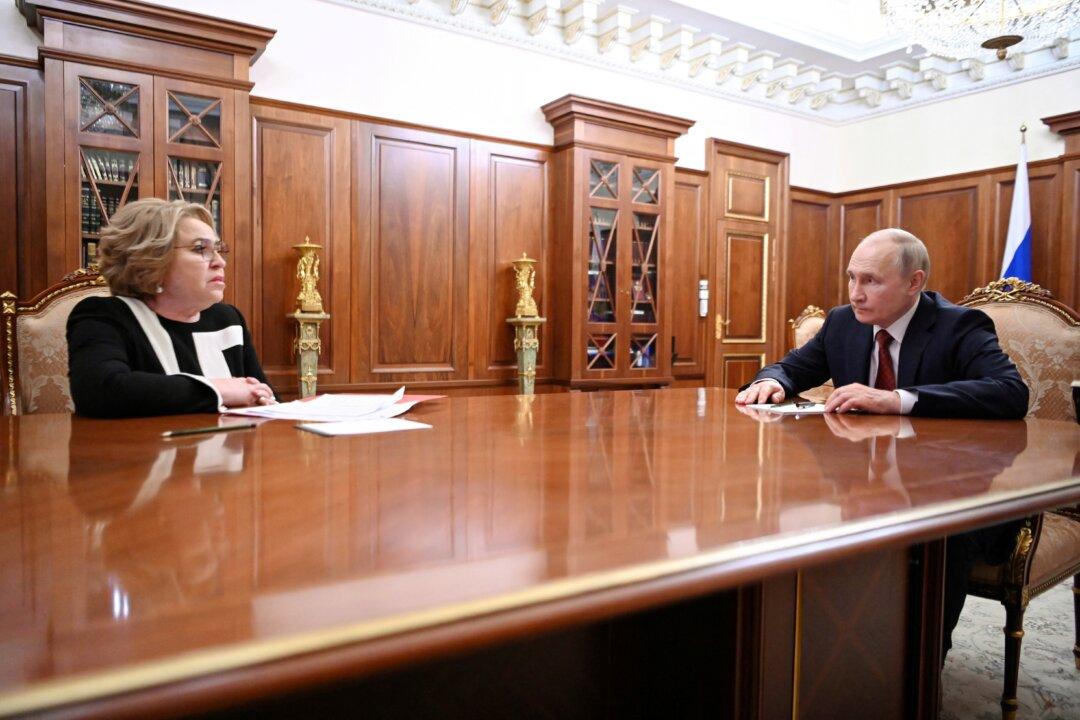
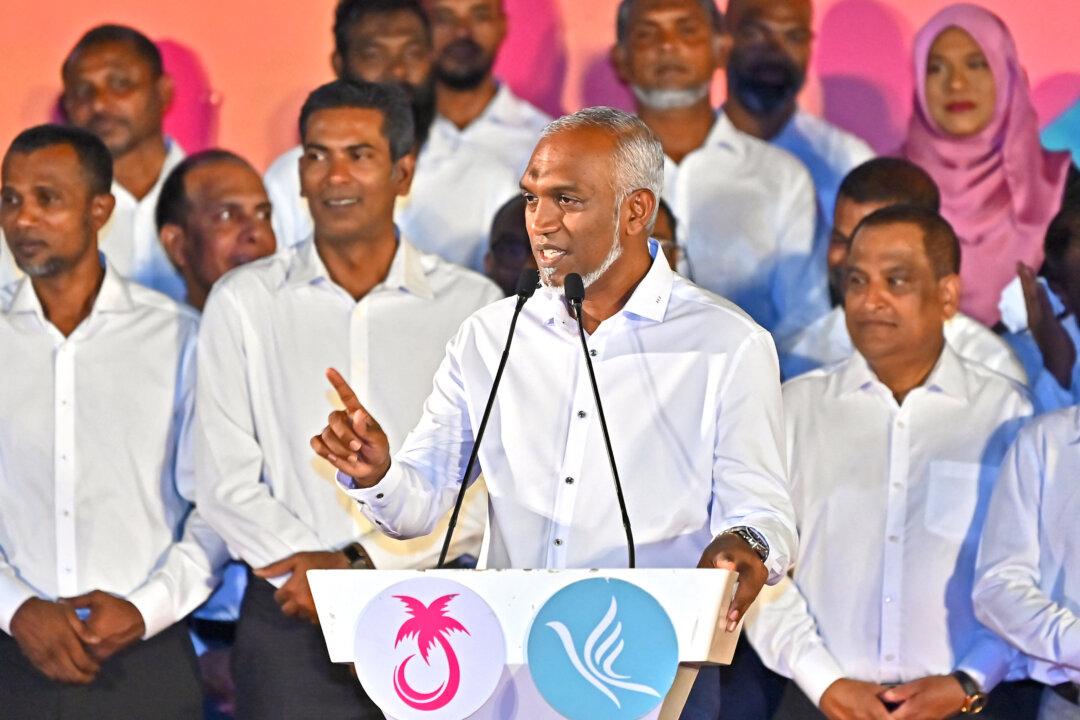
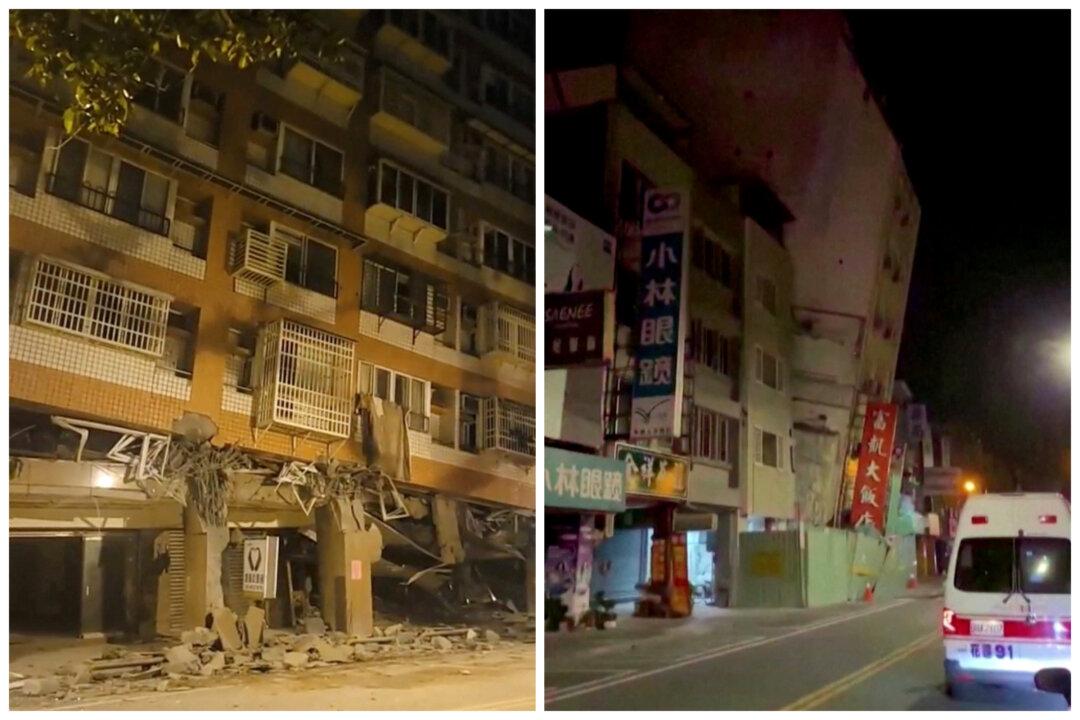
Friends Read Free